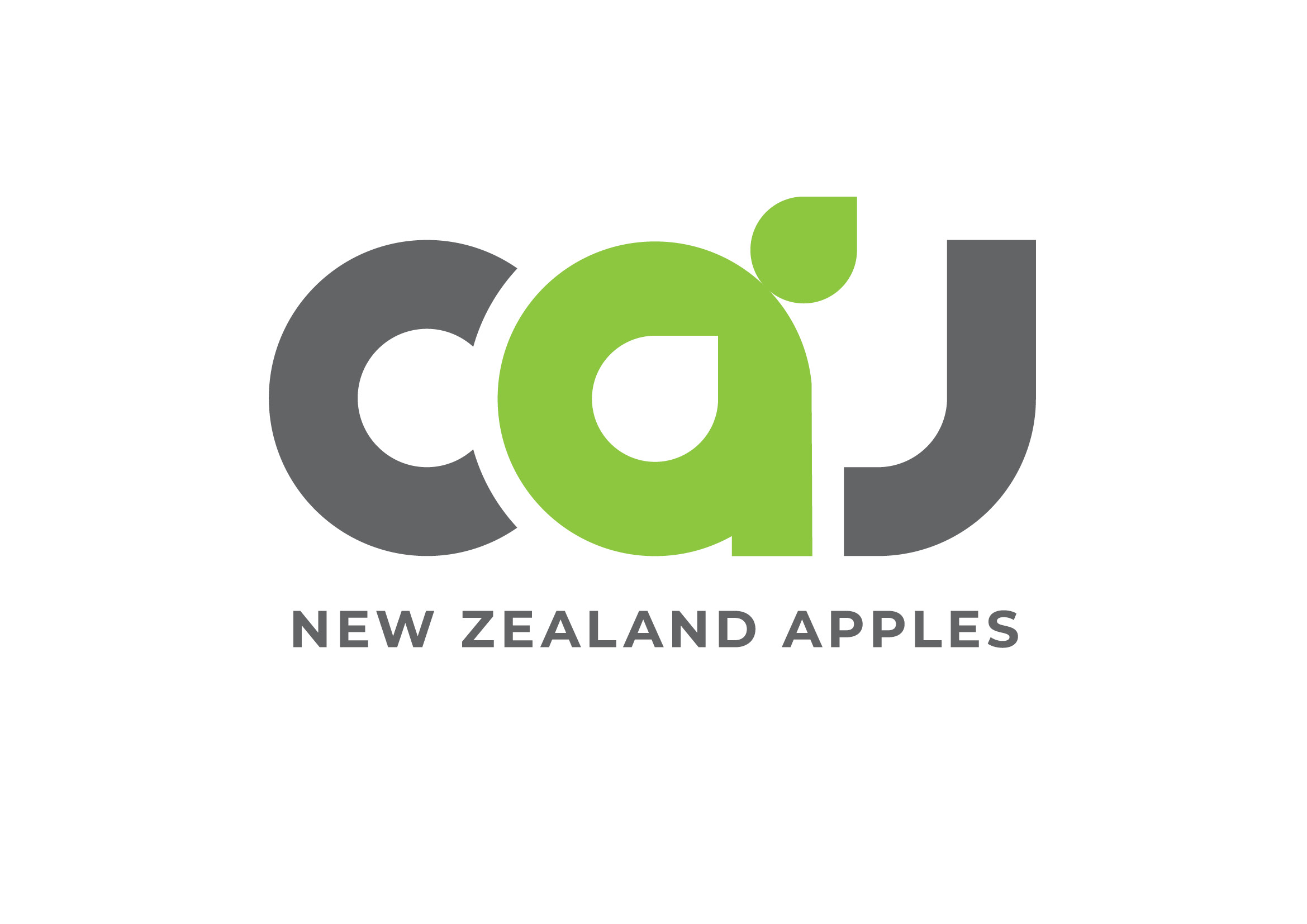August Provisional Tax: What to know before you pay
Trish Love
31 July 2025, 5:00 PM

The 28th of August is coming up fast, and if you’re a business owner, that likely means provisional tax is on your radar.
For some, it’s just another item on the calendar. For others, it can trigger a bit of a cash flow juggle, especially if paired with a winter slowdown. So, let’s take a moment to unpack your options and help you decide what’s right for your business.
First up: What is provisional tax?
In a nutshell, provisional tax is income tax paid in advance, in instalments, rather than as one big lump at the end of the year.
You’ll need to pay it if your residual income tax from your most recent return was over $5,000. This generally includes:
- Self-employed income
- Rental income
- Contractor or freelancer income
- Business income from partnerships
- Overseas income
- Or even one-off lumps sums that didn’t have the right amount of tax deducted (like from bonuses or employee share schemes)
So, if your latest filed tax return showed you owed more than $5,000, then this 28 August kicks off your 2026 provisional tax year.
Option 1: Pay now, in line with IRD expectations
For many, the simplest option is to pay what IRD expects, based on your last return + 5%. If your income this year is tracking similarly (or up), this makes sense. It keeps your tax tidy and avoids use-of-money interest or penalties.
But (and it’s a big but) what if this year is shaping up differently?
Option 2: Adjust or delay using tax pooling
Maybe business is slower this winter, or you're holding off until a busy summer season to generate real income.
Instead of overpaying now, you can pay less based on your expected actual profit, but with that comes the risk of IRD’s higher interest rate later if you underpay.
That’s where tax pooling comes in.
Tax pooling lets you pay an intermediary instead of the IRD directly, and they’ll hold the funds in trust until you need them transferred. That means:
- You can still have the payment counted as “on time” by IRD
- You stay compliant
- You get flexibility with your cash, especially if it’s better used gearing up for summer growth.
- You pay interest, at a rate which is lower than IRD’s cost of penalties + interest
Tax pooling is especially handy if you are experiencing first year or high growth, or you need a way to manage the overall cost of IRD penalties + interest.
But let’s be real: Delaying without a plan can backfire
We’ve seen it happen. Deferring tax now only to hit a wall later ( often in a year’s time), when other payments pile up. It sounds appealing and is easy to get into, harder to get out of. Paying on time doesn’t cost interest, tax pooling does.
So if you're considering tax pooling or underpaying, make sure you've got:
- A clear picture of your year-to-date earnings
- Solid cash flow forecasts for the next 6-18 months so you know you can get out of it, it is a temporary cash flow solution
- A specific cash flow plan to settle the balance so it doesn’t become a burden
Because putting it off without a plan would cause more stress than it saves. The latest date you could pay the August 2025 instalment would be June 2027. So although that may sound appealing, the interest cost can really add up. It works very well for businesses which have a high seasonal element.
Is your cash flow summer-ready?
If you’re in a seasonal business, you might already be preparing for a summer uplift, ordering stock, hiring staff, investing in systems.
Paying provisional tax now might tie up funds you need for growth but ignoring it entirely could trip you up later.
This is also the time to check in with your bank. Do you have support lined up for seasonal cash flow? Could you renegotiate a facility to help smooth the bumps?
Smart growth means knowing your runway, not just your sales.
So what should you do?
There’s no one-size-fits-all here. For most, paying tax now is definitely the right move. For others, allowing the delayed benefits of tax pooling creates some breathing room, needed for your business to recover.
Before making any call, ask:
- Are your 2026 earnings tracking ahead, behind, or flat compared to last year?
- What’s your real cash flow position right now?
- Do you have a plan to catch up if you pay less or delay?
- Have you discussed cash flow options with an advisor who knows exactly how this works and what is best for you within IRD’s rules and your ability to pay. Tax pooling is good idea sometimes. Certainly not always.
And if you're not sure, now’s the time to talk to your accountant or adviser.
Final word
August provisional tax isn’t just about ticking a box, it’s about making sure your business is on the front foot, with enough cash to move forward safely and sustainably.
Because real growth doesn’t come from reacting to tax bills. It comes from making smart, informed decisions based on your full financial picture.
Want to talk through what’s right for your situation? We’re happy to have a no-obligation chat, whether you’re ready to pay on time, or thinking of delaying payment via tax pooling, or just need a second opinion / sounding board for your business circumstances.
Love to you, from Love to Grow.
PROFESSIONAL SERVICES
FREE ADVICE







